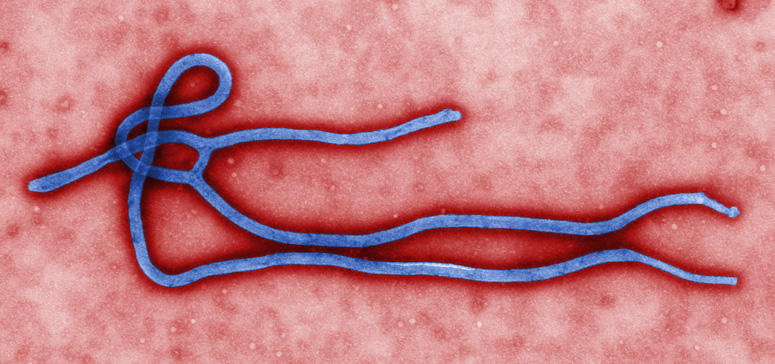
Section Branding
Header Content
As American Ebola Patients Return To The Public, There Are Still Questions About Their Recovery
Primary Content

The two missionaries who spent the past three weeks in an isolation unit at Emory University Hospital in Atlanta have begun their post-Ebola lives. Many questions, however, remain not only for them but also for the doctors at Emory.
The doctors who treated the two patients, Dr. Kent Brantly and Nancy Writebol, say they discovered just how much basic medical care matters for people with Ebola.
For example, they learned that monitoring the patients’ fluid levels is key.
And they say location is critical. An American hospital such as Emory they believe has everything needed to treat viruses – from the sophisticated to the basic.
Dr. Bruce Ribner is head of Emory’s infectious disease department. He says hospitals in West Africa don’t have these advantages.
“They have shortages of gowns, of gloves, of all of the equipment that we routinely use to care for patients that require isolation because of a viral illness.”
He says the hospitals also lack basic equipment to measure items such as a patient’s blood level. And Ribner says, because of those hospitals are almost flying blind.
The list of unknowns is a long one – although it revolves around one big topic: a cure.
“We’ve gone about as far as we can in terms of supportive care,” said Ribner. “So now we have to address what therapies might assist supportive care in helping these patients get control of the viral infection. And unfortunately even with expedited testing, that’s going to be several years away.”
Plus, he says patients will probably need not one drug, but a combination of medicine to treat the disease.
Brantly and Writebol were the first Ebola patients to seek treatment in the U.S. They were released from Emory after reaching recovery milestones established by the Centers for Disease Control and Prevention.
Tags: Ebola, Emory Hospital, Dr. Kent Brantly, Nancy Writebol, Dr. Bruce Ribner
